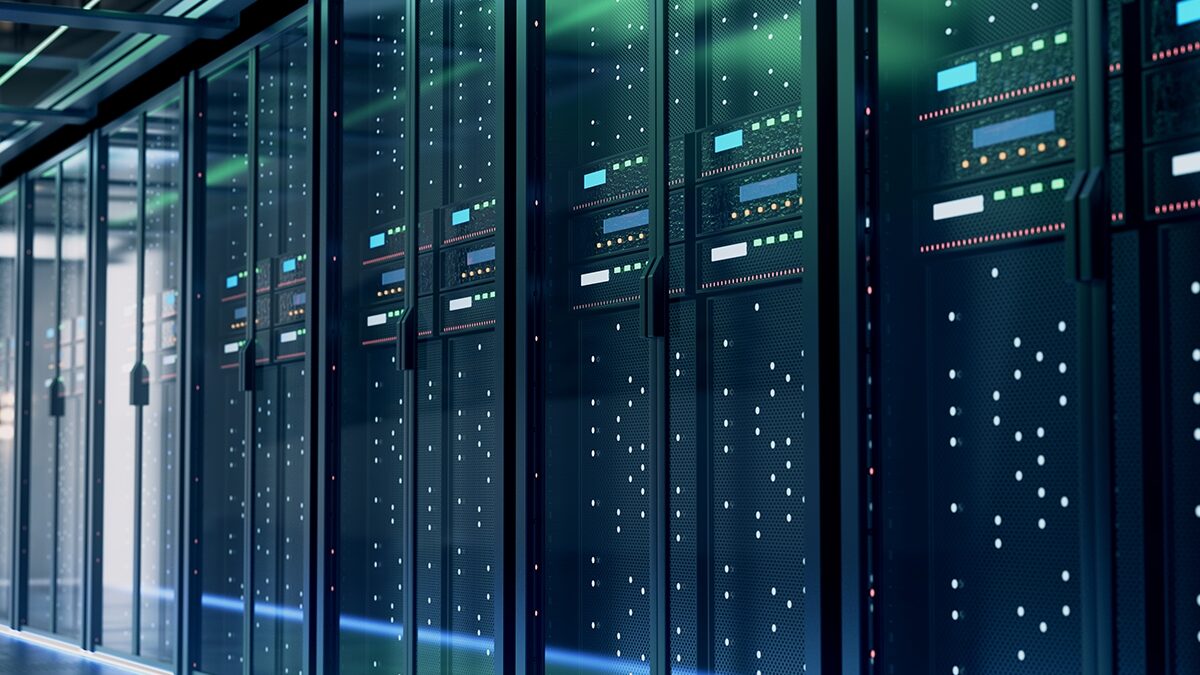The Importance of ISO/IEC 27001 Certification in the Healthcare Sector

Remote Training and Development: Strategies for Post-Pandemic Era
August 23, 2023
The Benefits of Accredited ISO Certifications for Professional Growth
January 18, 2024In today’s digital age, no industry is safe from the threat of cyber breaches. The healthcare sector is no exception. Data security is a significant concern for the healthcare industry. It is crucial for protecting sensitive and confidential patient information, as well as complying with industry and global protocols.
Managing information and processing data in the healthcare industry used to be a simple process in the past. However, with time, protecting and managing patient data has become increasingly complex. In the past, information management was limited to paper records and physical lockers.
Today, information management and access have become more efficient, but the threats to patient data have also evolved. There is an increased risk of information breaches, malware, viruses and other malicious cyber-attacks. As a result, it is now essential for healthcare organizations to have a backup plan to protect patient data.
ISO 27001 – At a glance
ISO/IEC 27001:2013 is a widely recognized standard for Information Security Management Systems (ISMS). The regulatory framework defines and specifies the requirements for developing, implementing, maintaining, managing, and continuously improving a data and information security management system in an organization.
The ISO 27001 framework also emphasizes the need to assess and identify potential information security risks. It offers a generic framework that can be customized to fit the specific needs of any industry. Even healthcare organizations find the implementation of ISO 27001 essential for optimal ISMS.
The requirements outlined in ISO/IEC 27001:2013 are appropriate and applicable to all organizations, regardless of their size, type, or industry. The implementation process is straightforward, and the framework contains critical aspects that help organizations develop a robust ISMS or information security management system. A well-defined system can help safeguard data in the long run.
Data security in the healthcare industry
Healthcare professionals, including nurses, doctors, and insurance professionals, rely on technology and cloud-based data for their daily work. Data sharing is essential for various reasons, such as insurance matters and internal information management. However, the sharing of data can pose a threat to security, leading to potential breaches. Furthermore, technical failures can occur, especially when there is greater data flexibility. To address these potential risks, healthcare organizations need to implement a well-planned Information Security Management System (ISMS). In this regard, ISO 27001 plays a significant role in developing an efficient ISMS that can ensure optimal cybersecurity.
Factors that matter the most
Assessing cybersecurity risks is a complex process, particularly in the healthcare sector, where resources are limited. Unlike IT organizations, managing resources becomes challenging to ensure optimal protection of data. Proper guidance for risk assessment and managing data threats is crucial. Therefore, resource management and the distribution of responsibilities become critical aspects over time.
Healthcare organizations should follow ISO guidelines to implement a successful ISMS development program. Here is a quick overview of the ideal risk management practices defined by ISO 27001, which can help healthcare organizations.
A well-planned structure
The framework establishes protocols that help in developing risk identification strategies. The key areas of focus include data integrity, confidentiality, and accessibility. By following the ISO guidelines, organizations can address the critical issues related to potential security risks.
Risk identification
Identifying and acknowledging potential risks is a time-consuming process in risk assessment. The framework assists in identifying the elements that may impact critical patient-related, medical operation-related, or insurance-related data. An asset-based assessment can aid in identifying risks. The ISO framework can help you keep track of your data resources and segment your data storage to enhance security measures.
Risk analysis and security strategy
ISO 27001 defines the risk analysis phase to help healthcare organizations develop a strong security management strategy. This involves a segmented overview and safeguarding techniques for different data sets, allowing for flexibility in access and security implementation. The process is complex and includes identifying vulnerabilities and threats for respective assets, ordering risks, and addressing security. If a technical breach occurs, a methodical security strategy must be in place to ensure optimal data management in the healthcare sector.
The solution – Improved risk management models
An Information Security Management System (ISMS) is essential for healthcare organizations to operate and improve their information management system systematically. By implementing the framework of ISO 27001, healthcare organizations can measure the extent of security management risks and identify technical shortcomings in their existing information management system. This helps them assess and manage their information security processes, and also strengthens control over data accessibility, preventing unwanted data access and security breaches. By identifying the loopholes in the existing ISMS, healthcare organizations can adopt a coordinated approach and develop an improved risk management model.
The role of ISO 27001 – More than management
In recent years, healthcare organizations worldwide have become increasingly susceptible to various cyber-attacks, which have raised concerns about the privacy of critical medical records among all stakeholders in the industry. Patients are particularly at risk, as hackers can exploit their confidential information, such as payment details and credentials, for fraudulent billing purposes.
Implementing the ISO 27001 framework can help healthcare organizations identify and mitigate risks, safeguard confidential data and medical records, and demonstrate their commitment to implementing a strong ISMS strategy. This proactive approach also reassures patients of the organization’s seriousness in protecting their information.
Other benefits
- Data confidentiality at its best
- Integrity and data management
- Data availability and accessibility
- Proactive steps for better data management
Conclusion
In conclusion, ISO/IEC 27001 certification emerges as a crucial asset for the healthcare sector, fortifying data security and ensuring patient confidentiality. As the industry navigates evolving technological landscapes, compliance with this standard becomes paramount, fostering trust, safeguarding sensitive information, and ultimately enhancing the overall resilience of healthcare organizations in an increasingly digital world.




